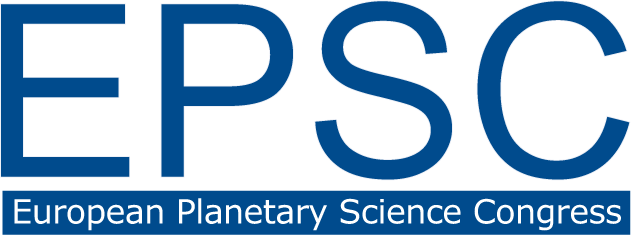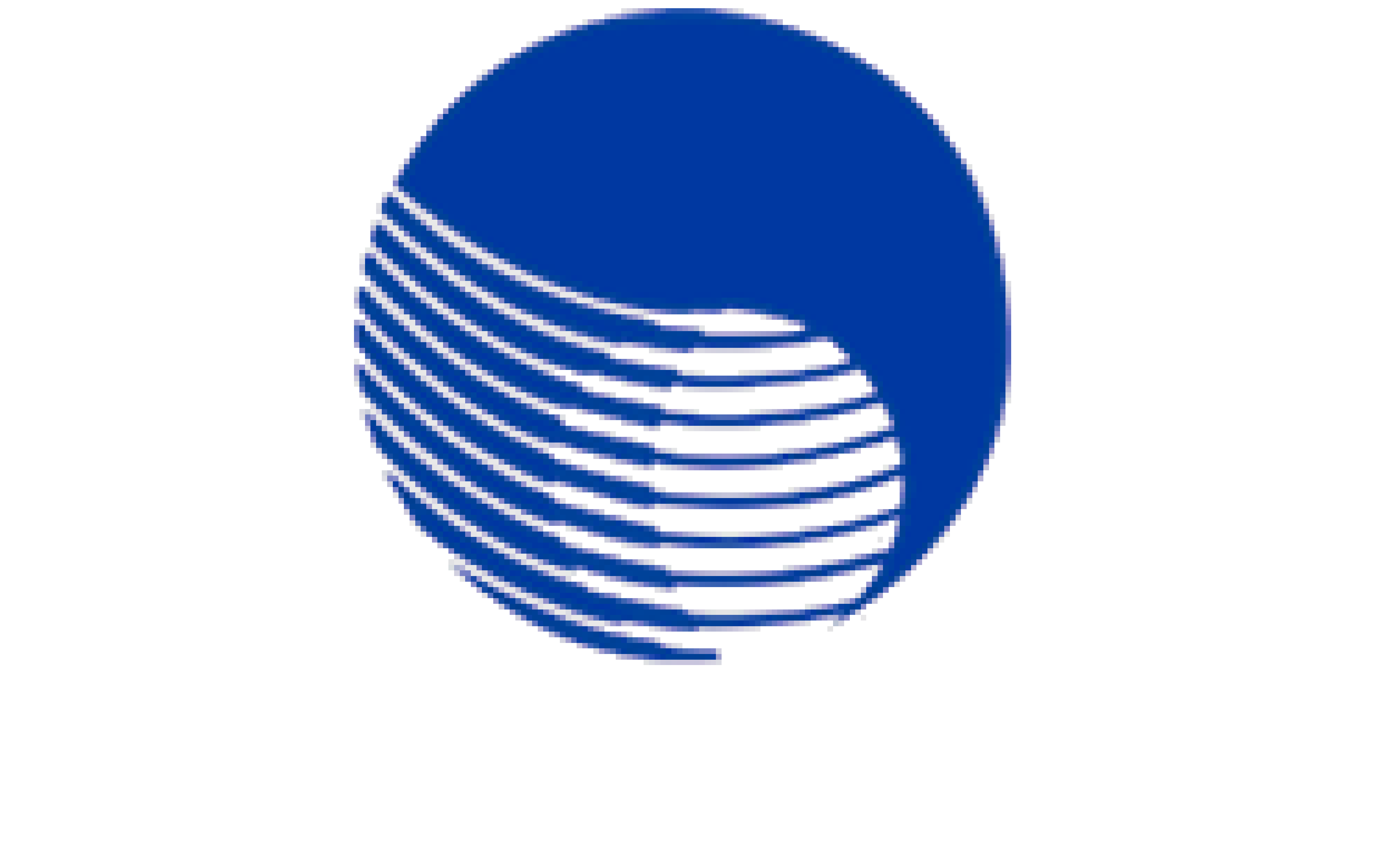This session will welcome abstracts on studies of comets that are among the primitive building blocks of the solar system and their investigation both from remote sensing and in-situ, providing insight into how the solar system formed and its subsequent evolution. We will consider contributions on the recent and up-close study of 67/P Churyumov–Gerasimenko by the Rosetta mission, which provided observations allowing relationships to be established between the origin, structure, evolution and activity of such bodies. Papers covering a broad range of cometary science are also welcome.
This session will further explore the overlap between the comet and asteroid populations. In particular, it will cover the Main Belt Comets and other "active" asteroids, searches for ices in or on asteroids, and dynamical or physical models exploring the formation and evolution of volatile rich asteroids. It will also cover apparently asteroidal bodies in comet-like orbits (dormant or extinct comets, the "Damocloids" or "Manx" comets), active Centaurs, and asteroid activity due to recent collisions or rotational break-up, etc. Studies involving space and ground based observations, along with simulation and laboratory experiments are welcome.

